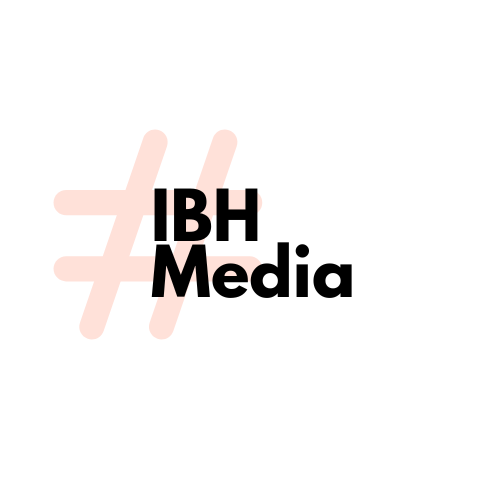Ethics in Public Relations: Navigating Modern Challenges
The realm of public relations is fraught with ethical dilemmas and modern challenges that test the integrity and morality of professionals on a daily basis. From managing crises to representing controversial clients, the decisions made by PR practitioners can have wide-ranging implications. This blog delves into the ethical challenges in today's PR landscape and offers guidance on navigating these complex waters with professionalism and integrity.
The Foundations of Ethical PR Practice
At its core, ethical public relations is about honesty, transparency, and respect for the public interest. This means crafting messages that are not only effective but also truthful and respectful of the audience’s intelligence and dignity. The Public Relations Society of America (PRSA) outlines a code of ethics that includes advocacy, honesty, expertise, independence, loyalty, and fairness. These principles serve as a guiding light for PR professionals navigating the ethical maze.
Navigating the Truth in the Age of Misinformation
One of the most significant challenges in modern PR is the widespread prevalence of misinformation and fake news. In an era where information is disseminated rapidly via social media, the line between truth and falsehood can often become blurred. PR professionals must be vigilant in ensuring that the information they distribute is accurate and verified. This commitment to truth protects the credibility of the profession and the trust of the public.
Representing Controversial Clients
Another ethical challenge involves representing controversial clients or causes. PR professionals are often tasked with presenting organizations in the best possible light, but this can become complicated when those organizations are involved in unethical or questionable activities. In these cases, it’s crucial for practitioners to weigh their professional responsibilities against their personal values and the potential impact on the public.
Crisis Management and Ethical Responsibility
Crisis management is a critical aspect of PR that frequently presents ethical dilemmas. How much information should be disclosed during a crisis? What is the balance between protecting the client’s interests and the public’s right to know? Ethical crisis management involves a transparent, responsible approach that considers the welfare of all stakeholders, not just the immediate interests of the client.
Social Media and Privacy Concerns
The use of social media in PR campaigns raises significant ethical concerns regarding privacy and consent. With the ability to target and reach audiences with unprecedented precision, PR practitioners must ensure that their tactics respect user privacy and comply with data protection laws. This includes being transparent about data collection practices and avoiding manipulative techniques.
The Role of Ethics in Building Trust
Ultimately, the role of ethics in public relations is about building and maintaining trust. In an industry where reputation is everything, maintaining a strong ethical foundation is non-negotiable. PR professionals must act as stewards of the public trust, ensuring that their practices contribute positively to the public discourse and respect the rights and dignity of all individuals.
Strategies for Ethical Decision-Making
Navigating ethical dilemmas requires a structured approach to decision-making. This can include consulting the PRSA’s Code of Ethics, seeking advice from mentors or colleagues, and considering the long-term implications of decisions. When in doubt, the best course of action is often to err on the side of transparency and honesty.
Ethics in public relations is an ever-evolving field, reflecting the complexities of the modern world. By adhering to ethical principles and embracing transparency, honesty, and respect, PR professionals can navigate these challenges successfully. In doing so, they uphold the integrity of the profession and contribute to a more informed and ethical public discourse.
